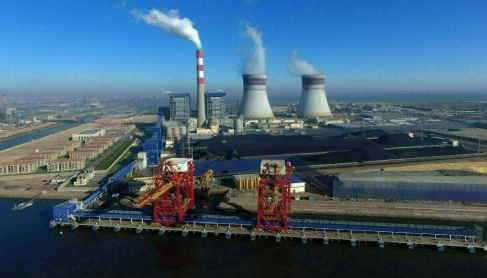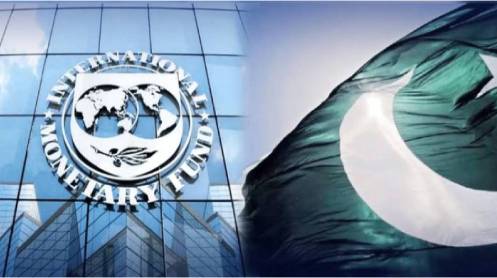Power Division, sources say, has sought an amount of Rs700bn from Finance Division in federal budget 2023-24 to clear overdue payments of IPPs, CPEC IPPs and equity injection. Pakistan is likely to assure the visiting Chinese Foreign Minister Qin Gang that outstanding payments of Rs 300 billion of CPEC IPPs will be cleared in July 2023, well informed sources told Business Recorder.
The Power Division, sources said, has sought an amount of Rs 700 billion from Finance Division in federal budget 2023-24 to clear overdue payments of Independent Power Producers (IPPs), CPEC IPPs and equity injection.
Recently China’s Charge d’ Affairs met with SAPM on Coordination, Syed Tariq Fatemi and conveyed concerns of Chinese power companies saying that their overdue receivables have reached $ 1.5 billion.
SAPM on Coordination in a letter to Power Minister, referred to his breakfast meeting with Chinese Charge d’ Affaires, in which the latter noted that overdue payments to the Chinese IPPs currently stand at $1.5 billion. This is causing huge concern among Chinese businesses, he added. Chinese Charge d’ Affaires complained that Chinese power plants at Hub, Sahiwal and Port Qasim are facing currency exchange restrictions, causing difficulty in coal import.
Pakistan, sources said, has also floated a proposal to Chinese government for renegotiation on contracts of power projects established under CPEC on the pattern of other IPPs or to purchase 1200-MW electricity from Pakistan for onward supply to Afghanistan.
Acting Afghan Minister for Foreign Affairs is also in Islamabad to discuss different bilateral issues with Pakistan.
According to sources, over-dues/ receivables of CPEC IPPs are now over Rs 300 billion, and IPPs may default and suspend operations of power plants as per suspension clauses of the signed Power Purchase Agreements (PPAs).
The sources further stated that if the pacts with the CPEC IPPs are similarly re-negotiated, an initial working suggests that Pakistan can save $ 14.29 billion over the life of these projects which comes to an average of $0.48 billion per year for average project life of 30 years.
“When initial inquiries were made with the Chinese officials to explore the possibility of seeking a similar support from CPEC-IPPs, it was indicated that doing so would not be in line with the spirit of CPEC as it would seriously affect the sanctity of contracts signed under CPEC framework agreement,” the sources said adding that the Chinese government would not view favourably the underlying fact that such a demand may be coming at the behest of the IFIs and other western lenders.
The sources further contended that one way to offset the cost, i.e., $ 0.48 billion per year can be to sell power to China for further provision of electricity to Afghanistan, and Pakistan can propose to China to consider provision of electricity to Afghanistan through Pakistan for 30 years as part of their development assistance to Afghanistan. China through a contract may buy power from Pakistan and provide it to Afghanistan either at cost or at reduced rates as per its political terms.
Pakistan can allocate power from its power pool to China, the sources said, adding that China can also offer to lay transmission line connecting Pakistan grid to the nearest point in Afghanistan and invest in their grid. The power balance of Pakistan shows that it has surplus power of at least 3,970-MW till 2030 which will increase over time.
Pakistan will supply power on its power purchase basket price on the basis of energy transfer rate and capacity transfer rate already in place for transfer pricing of power generation cost to the Discos and KE which is currently Rs 12/unit approximately.





